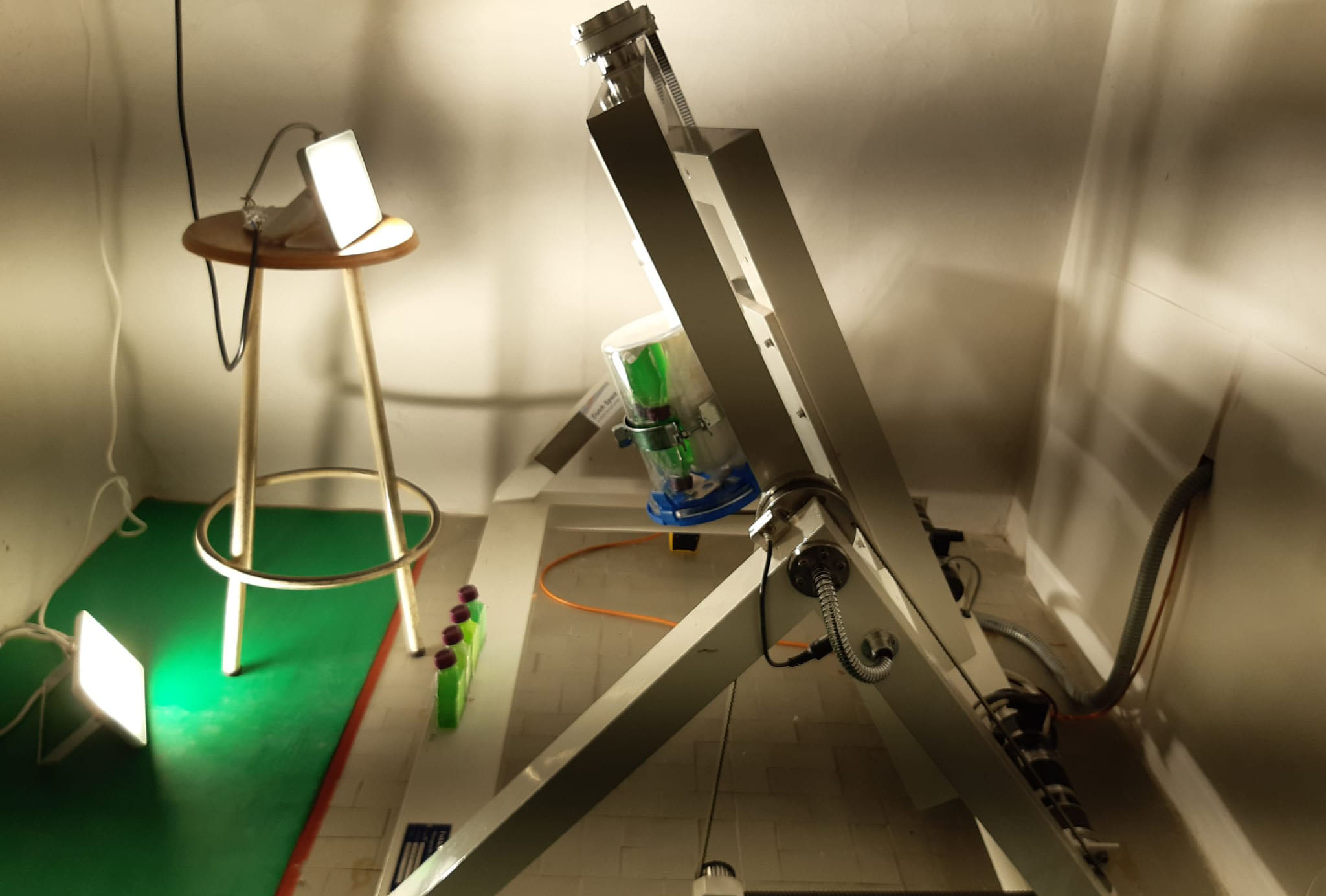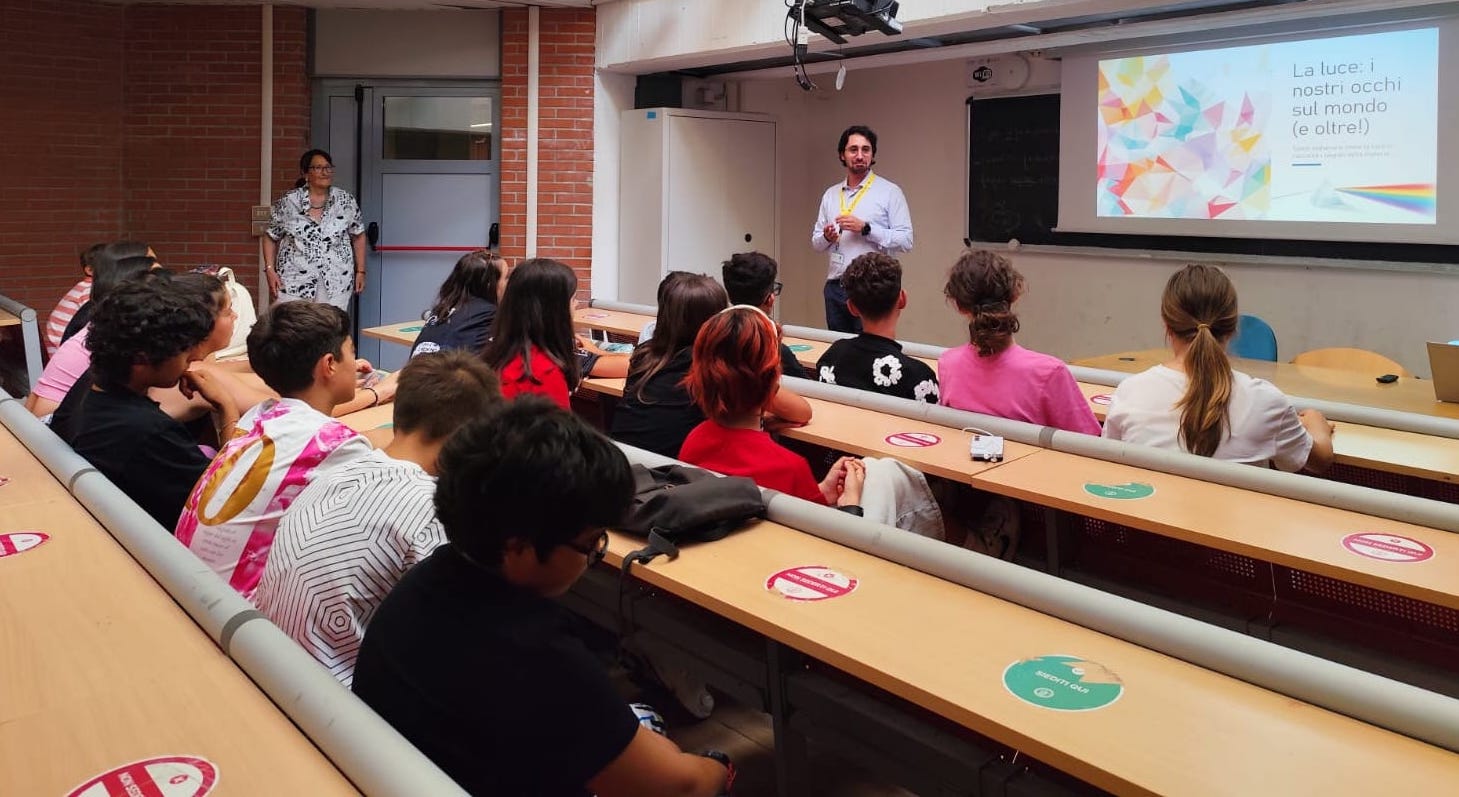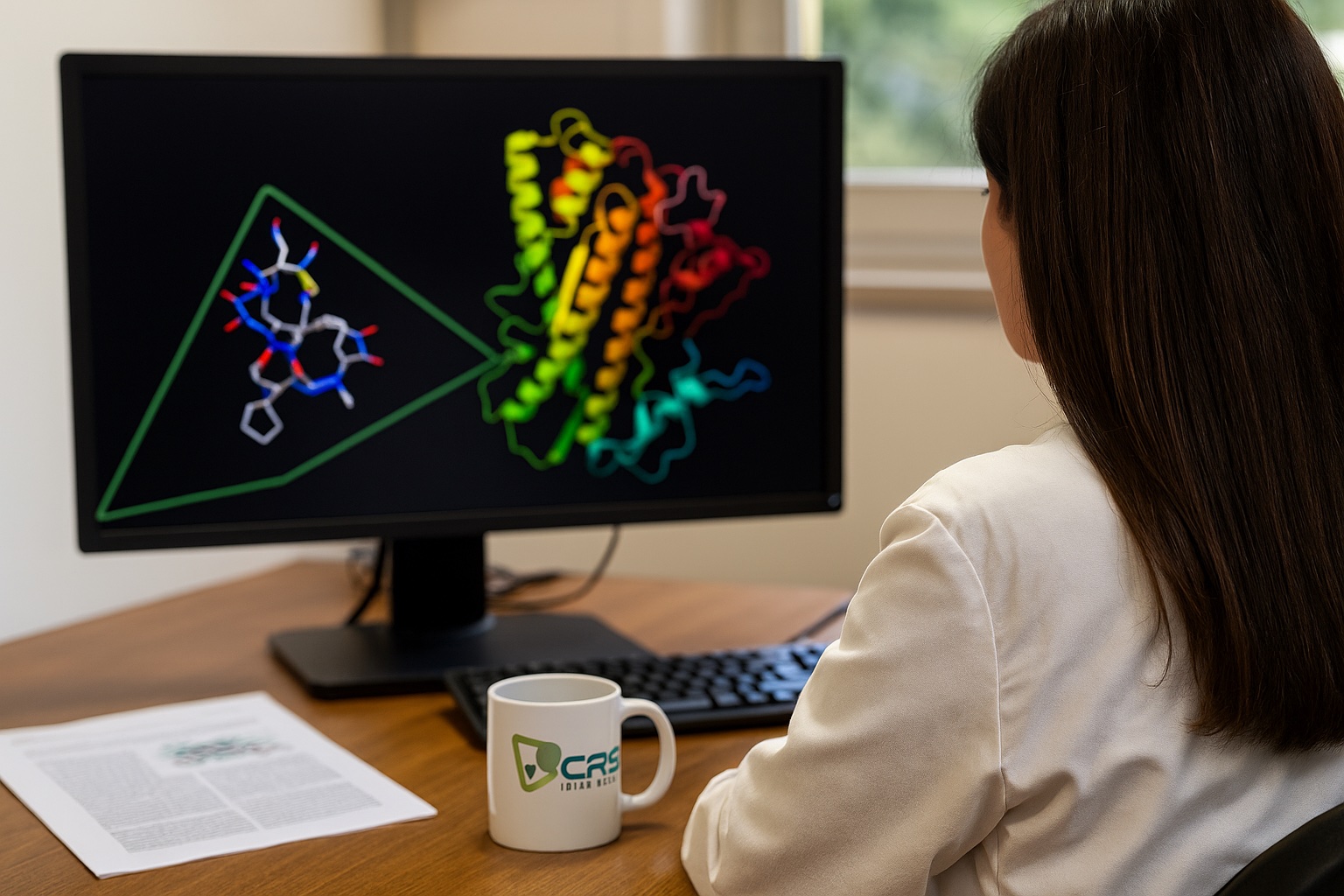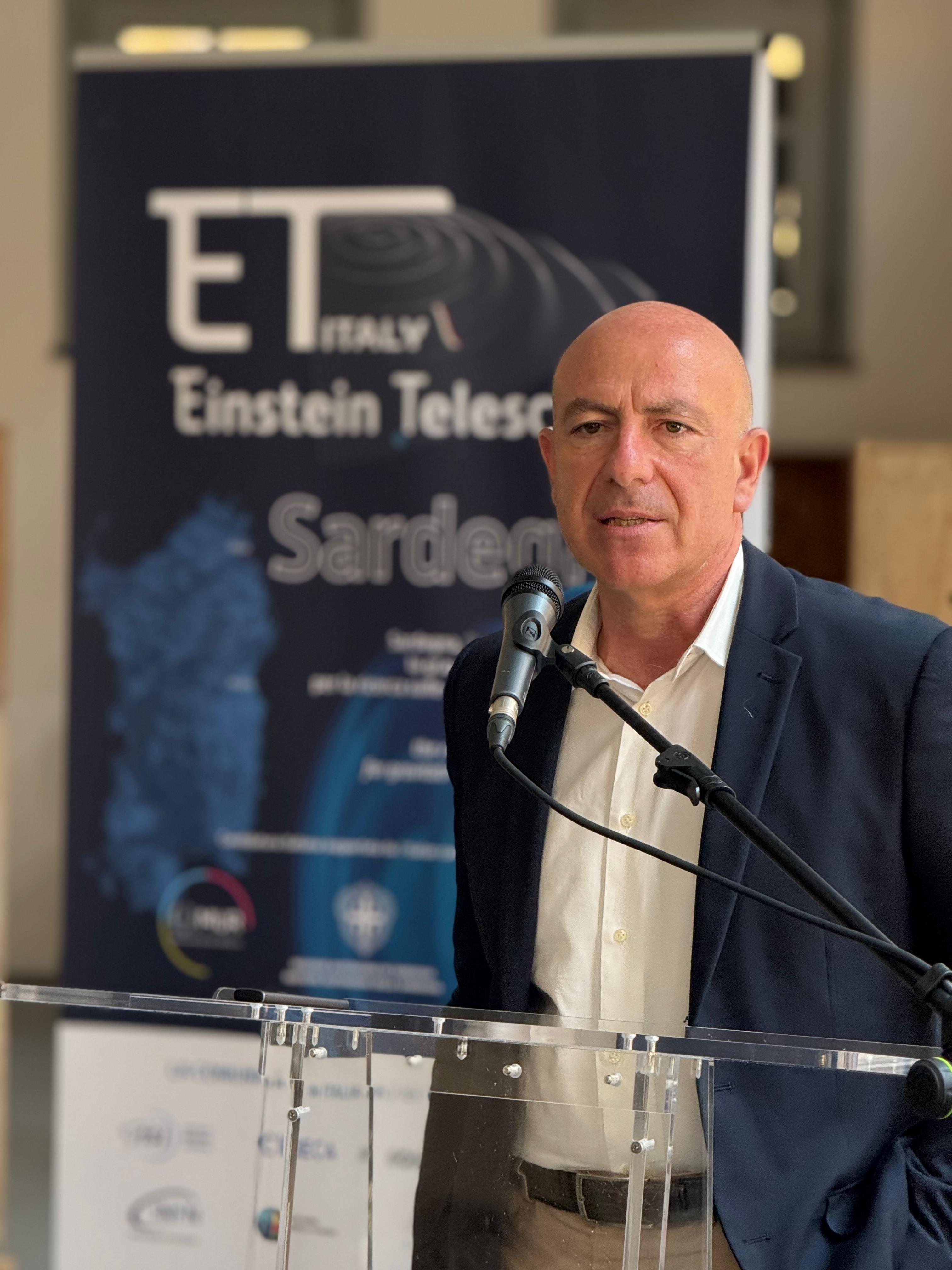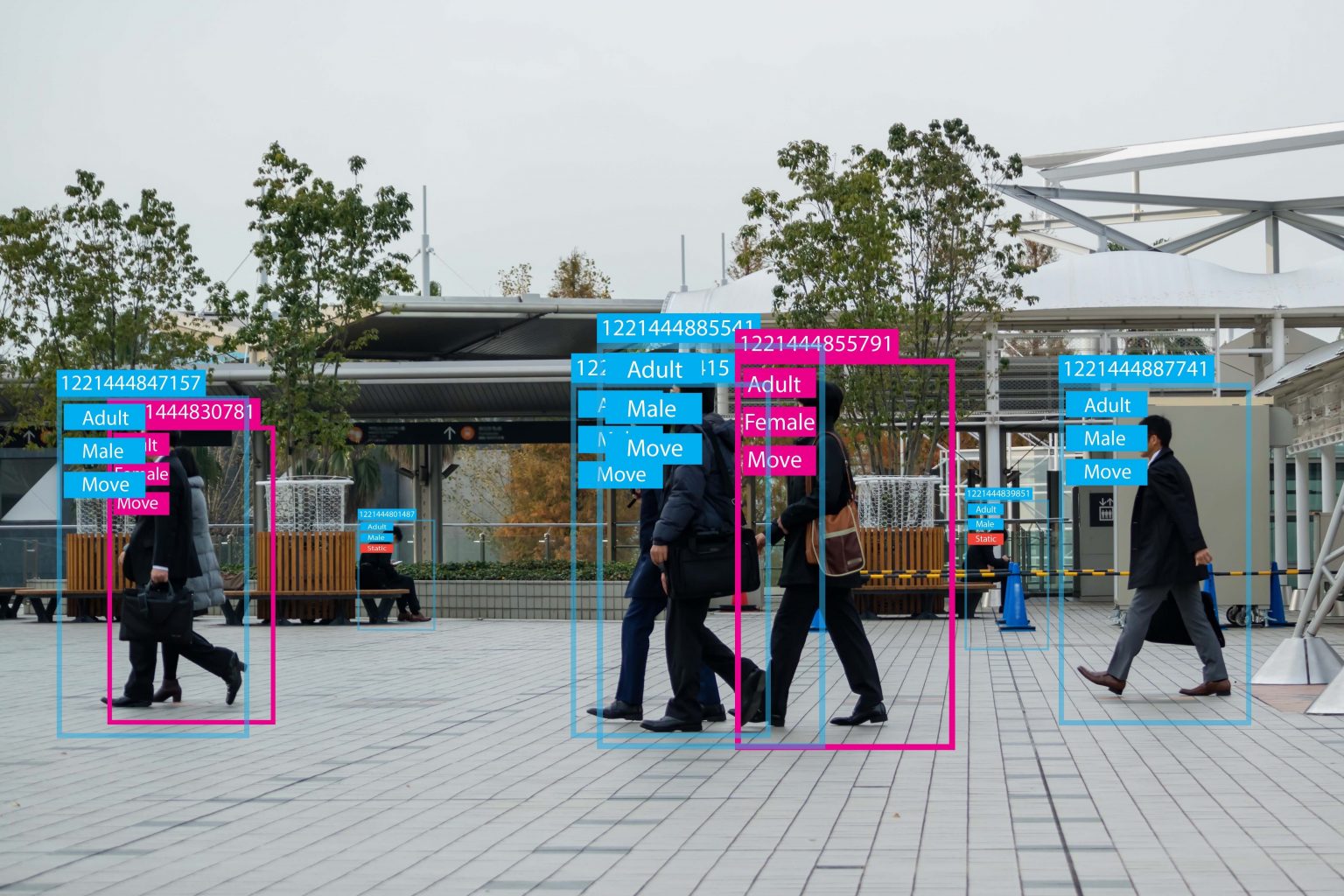UNISS, CRS4, DASS, UNICA e TOLO Green per l’avanzamento della ricerca in astrobiologia.
L’Università degli Studi di Sassari, il Centro di Ricerca, Sviluppo e Studi Superiori in Sardegna (CRS4), il Distretto AeroSpaziale della Sardegna (DASS), l’Università degli Studi di Cagliari e l’azienda Tolo Green hanno depositato la domanda di un brevetto internazionale innovativo che contribuirà, grazie alle potenzialità dell’alga spirulina, ad ampliare la portata delle ricerche nel campo dell’astrobiologia, fino a immaginare un futuro in cui l’uomo possa arrivare su Marte. Questo lo scenario che si prefigura nell’ambito del contributo che la Sardegna può fornire per l’esplorazione dello spazio.
Tre anni dopo il percorso brevettuale in Italia, arriva la decisione di sbarcare in campo internazionale, depositando la domanda in Europa, Stati Uniti, Russia, Cina, Giappone e India.
La spirulina prospera in assenza di gravità e di ossigeno
Grazie a un lungo e paziente lavoro di squadra che ha coinvolto ricercatori, ricercatrici e dottorandi degli atenei e degli enti di ricerca interessati, è stato possibile mettere a punto un terreno di coltura fertile per l’alga spirulina, il nuovo “oro verde”, che cresce in condizioni di vita extraterrestri. A gravità quasi pari a zero, raggiunta tramite un apposito strumento chiamato clinostato equipaggiato per simulare l’atmosfera marziana, l’alga prospera come dimostrano gli esperimenti condotti presso il laboratorio della professoressa Antonella Pantaleo del dipartimento di Scienze biomediche dell’Università di Sassari. Dal 2006 il CRS4 e l’Università di Cagliari, come pure altri soci del DASS, stanno sviluppando, sotto la guida del professor Giacomo Cao, importanti ricerche sulle microalghe che potranno consentire agli astronauti di sopravvivere sul pianeta rosso. L’alga spirulina, infatti, in ambiente extraterrestre può servire al duplice scopo di nutrire gli astronauti e generare ossigeno, utilizzando l’atmosfera marziana satura di CO2.
Il brevetto
Oggetto del brevetto è un kit composto da un clinostato e da una camera con atmosfera di CO2, che può riprodurre le condizioni extraterrestri come quelle marziane. Scopo di questo strumento è quello di consentire la crescita di microalghe in assenza di gravità, nonché valutare il comportamento in tali condizioni di cellule umane, vegetali e animali anche in atmosfera marziana simulata. L’innovazione consentirebbe la limitazione del materiale da trasportare nel tragitto Terra-Marte utilizzando elementi disponibili in loco quali la CO2 atmosferica, il suolo marziano e l’urina degli astronauti per il sostentamento di missioni umane sul pianeta rosso. Infatti, utilizzando queste risorse sarebbe possibile coltivare su Marte alghe utili sia per la produzione di ossigeno sia per il sostentamento alimentare degli astronauti.
Giacomo Cao, amministratore unico CRS4 e presidente DASS: “Il deposito della domanda di brevetto a livello internazionale – sostiene Giacomo Cao – dimostra ancora una volta il ruolo importante e significativo che la Sardegna può giocare nel settore aerospaziale attraverso un prezioso gioco di squadra che coinvolge le istituzioni scientifiche e le imprese”. Conclude Cao: “In particolare, la domanda di brevetto fa riferimento a una tecnologia che consente di simulare sulla Terra le condizioni ambientali che si possono trovare su diversi corpi celesti con particolare riferimento alla Luna e Marte, permettendo in tal modo lo sviluppo a costi sopportabili di nuovi processi che si innestano a pieno titolo sul tema dell’esplorazione dello spazio, molto rilevante dal punto di vista finanziario ed economico”.
Gavino Mariotti, rettore Università di Sassari: “Il brevetto internazionale è il coronamento di una lunga attività di ricerca che ha avuto nel Dipartimento di Scienze Biomediche un teatro privilegiato. Siamo orgogliosi di poter contribuire con le nostre competenze scientifiche alla crescita del territorio. Mi sembra ancora doveroso, a otto anni dalla sua scomparsa, ricordare il professor Proto Pippia che si è adoperato per la ricerca in astrobiologia nel nostro ateneo”.
Francesco Mola, rettore Università di Cagliari: “È motivo di soddisfazione per il nostro Ateneo aver contribuito alla realizzazione di un progetto di portata internazionale. Fare parte di un team che vede protagoniste aziende leader del settore high tech e istituzioni pubbliche e private, conferma l’importanza delle competenze trasversali che di fatto possono rappresentare un volano per la crescita del nostro territorio”.

